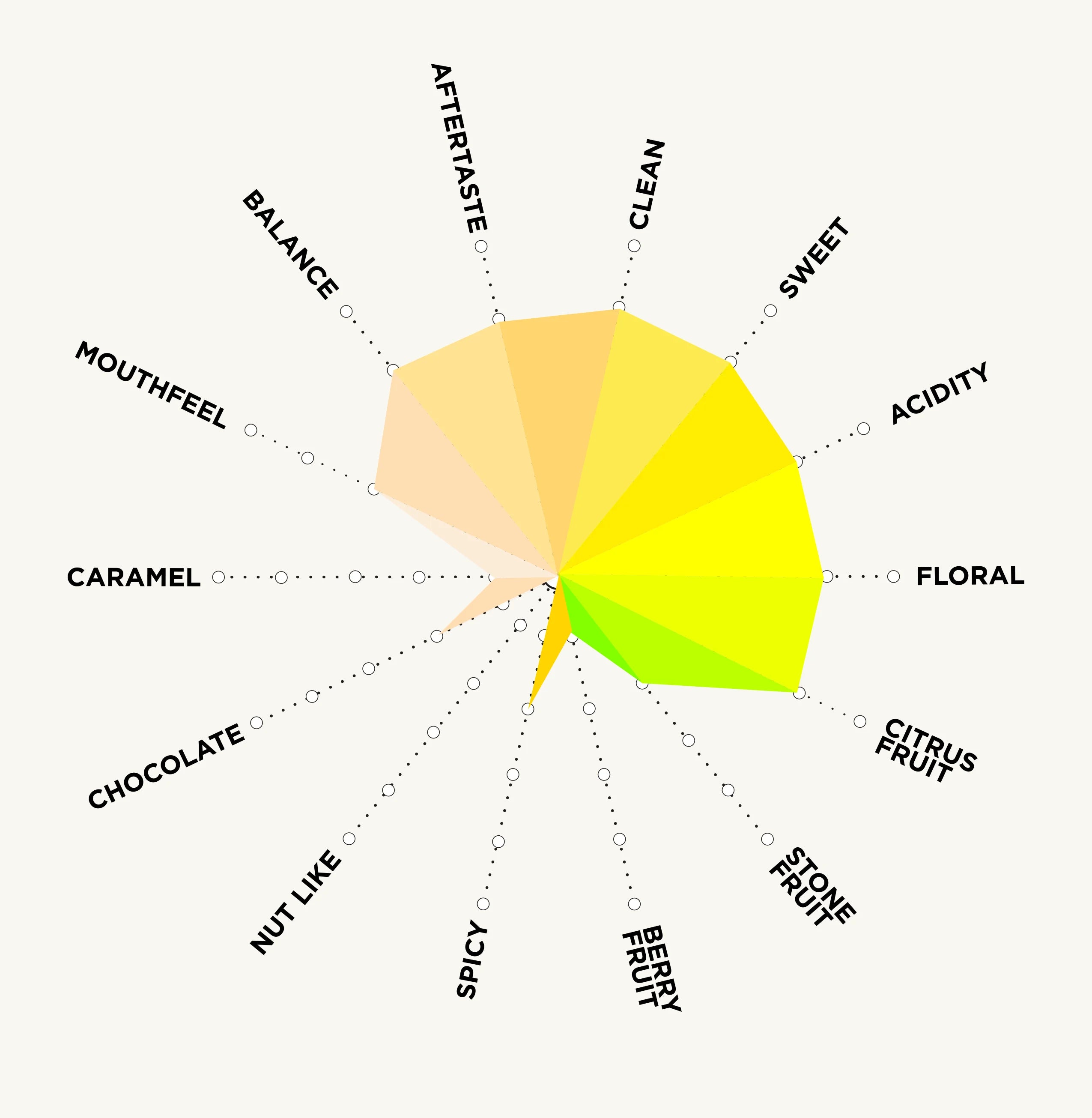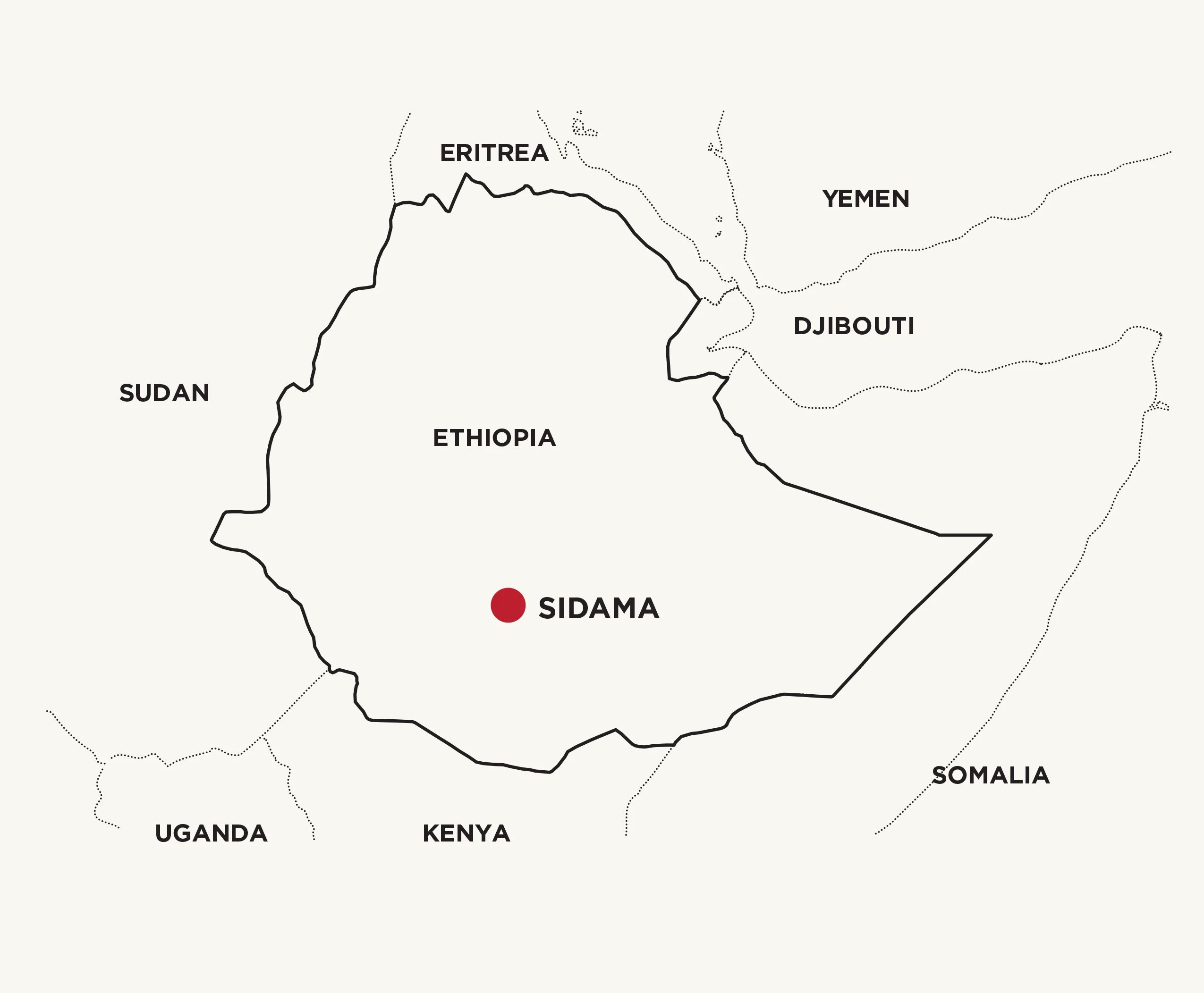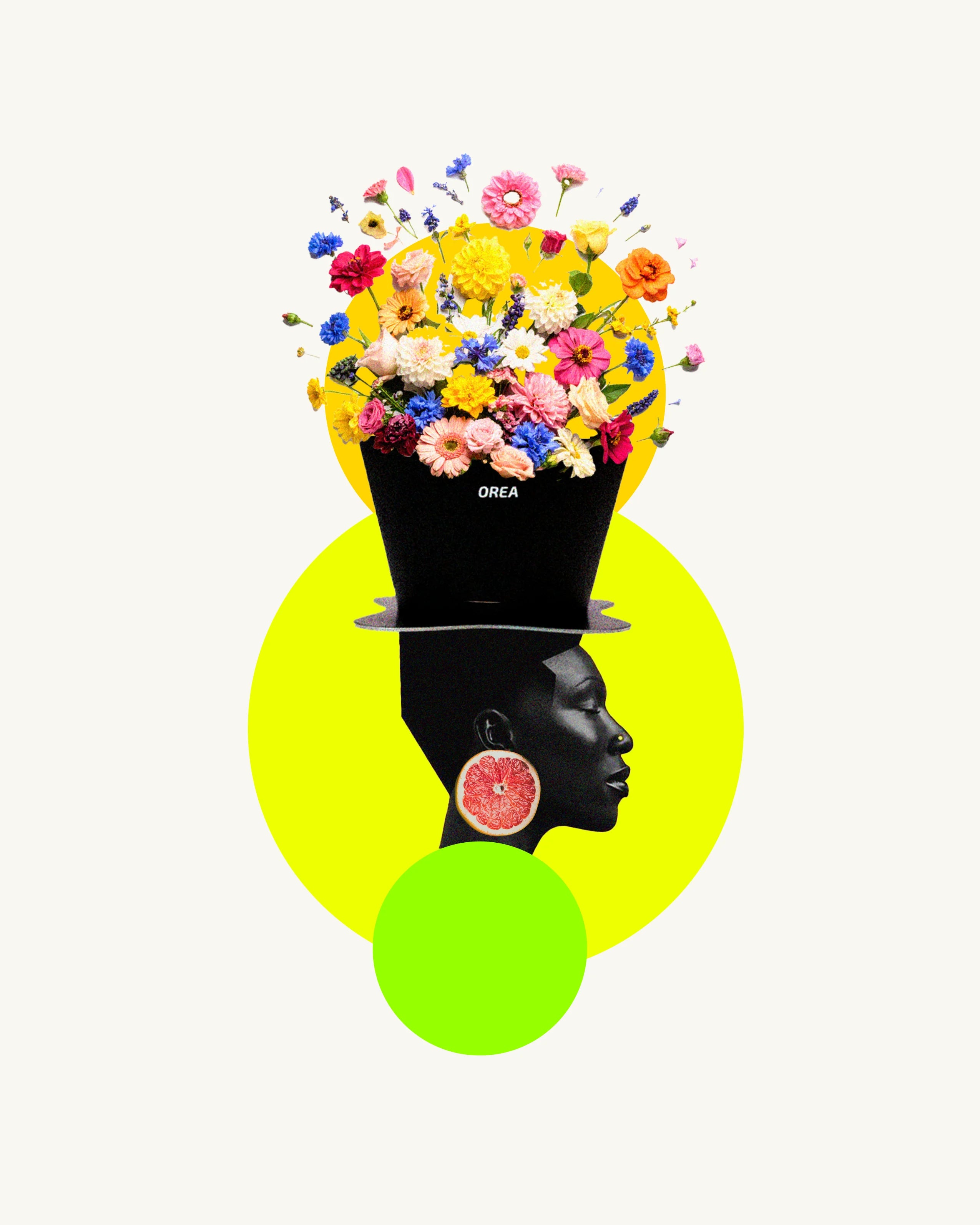You may also like



New customers save 10% with code WELCOME10
Sorry, looks like we don't have enough of this product.
Your cart is currently empty.


Roast Level: Light
Type: Single-Origin
Origin: Ethiopia, Africa
Region: Arbegona Woreda, Sidama
Farm / Producer: Smallholders of Boreta Village
Altitude: 1920m – 2330m asl
Cultivar: 74518 and other local JARC selections.
Process: Fully Washed
Floral and zesty with jasmine, grapefruit and lemongrass. Tea-like texture, balanced sweetness and a bright acidity make this a vibrant, expressive coffee for filter brewing.
The Best: Orea
Great: French Press
Very Good: Aeropress

More about Grinding and other useful brewing information here

Malawo shows pronounced florality and with a zesty fruit complexity. Jasmine aromatics lead into bright grapefruit, and lemongrass, supported by softer notes of peach and milk chocolate. The mouthfeel is delicate and tea-like, allowing the individual flavours to come through clearly. As the coffee cools a honeyed sweetness brings balance and a juicy citrus acidity enhances the grapefruit note.
We’ve roasted this coffee light, with filter, French press or AeroPress brewing in mind. It is best enjoyed without milk, where its florality, clarity, and elegant structure are showcased best. The sweetness and balance deepen as it cools, making it a coffee worth taking time over.

Ethiopia is the cradle of Arabica and remains unmatched in the genetic diversity of its coffee. The highland regions of Sidama, in particular, produce coffees with outstanding complexity and brightness. Here, micro-climates and diverse landrace cultivars converge to create profiles that remain unmatched globally. Among them, Arbegona, in the Bensa subregion, stands out for both its high elevation and the quality of coffees it produces.
As with any wet mill in Ethiopia a micro-lot will usually combine the coffee harvest of hundreds of farmers in any one day. This lot comes from Boreta, a small village in Arbegona, Typically, after de-pulping the fruit, the fermentation of coffee in Sidama takes place in water filled tanks. However, this micro-lot has been dry fermented without the use of water which changes not only the speed of fermentation, but the resulting flavour profile too.

The altitude brings cooler nights, which helps the coffee dry slowly on raised beds for up to 15 days. Meticulous turning every 30 minutes makes sure the coffee is evenly dried, stabilising the sweetness in the final cup. Once roasted it’s really evident in the final coffee.
You may also like
Designed by Mainlyphotography Studio




